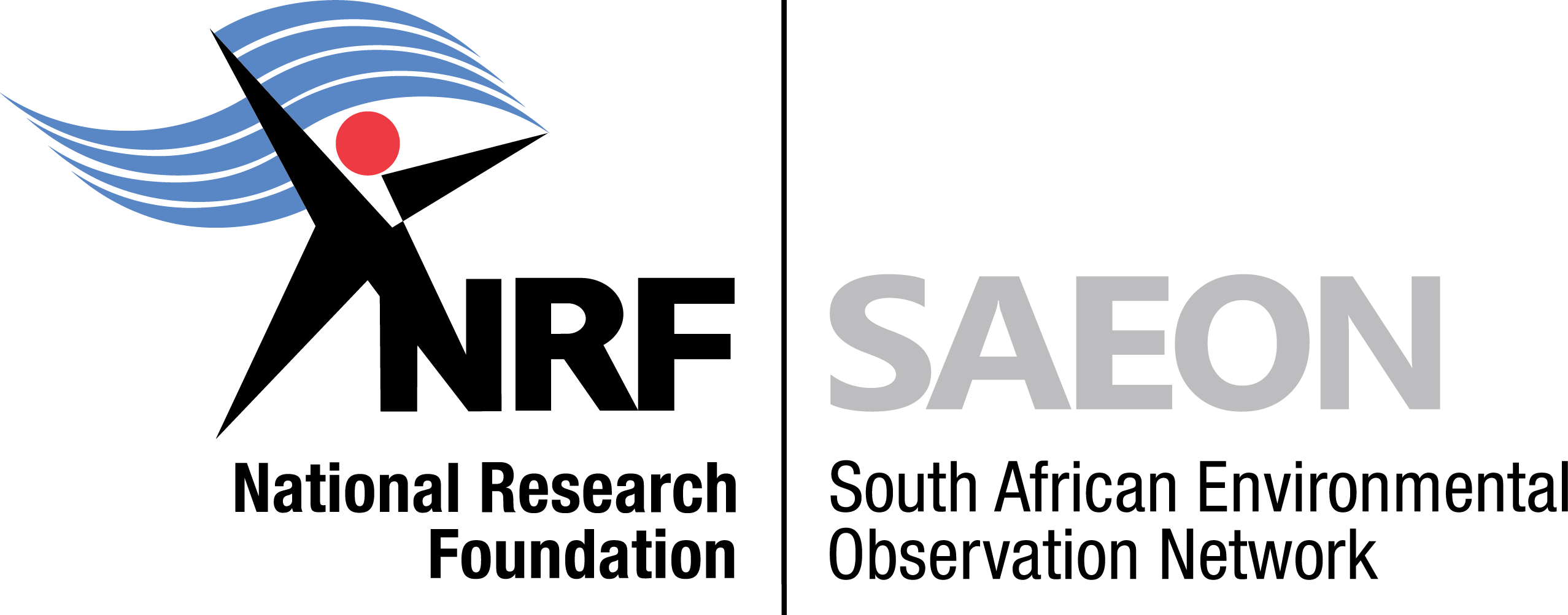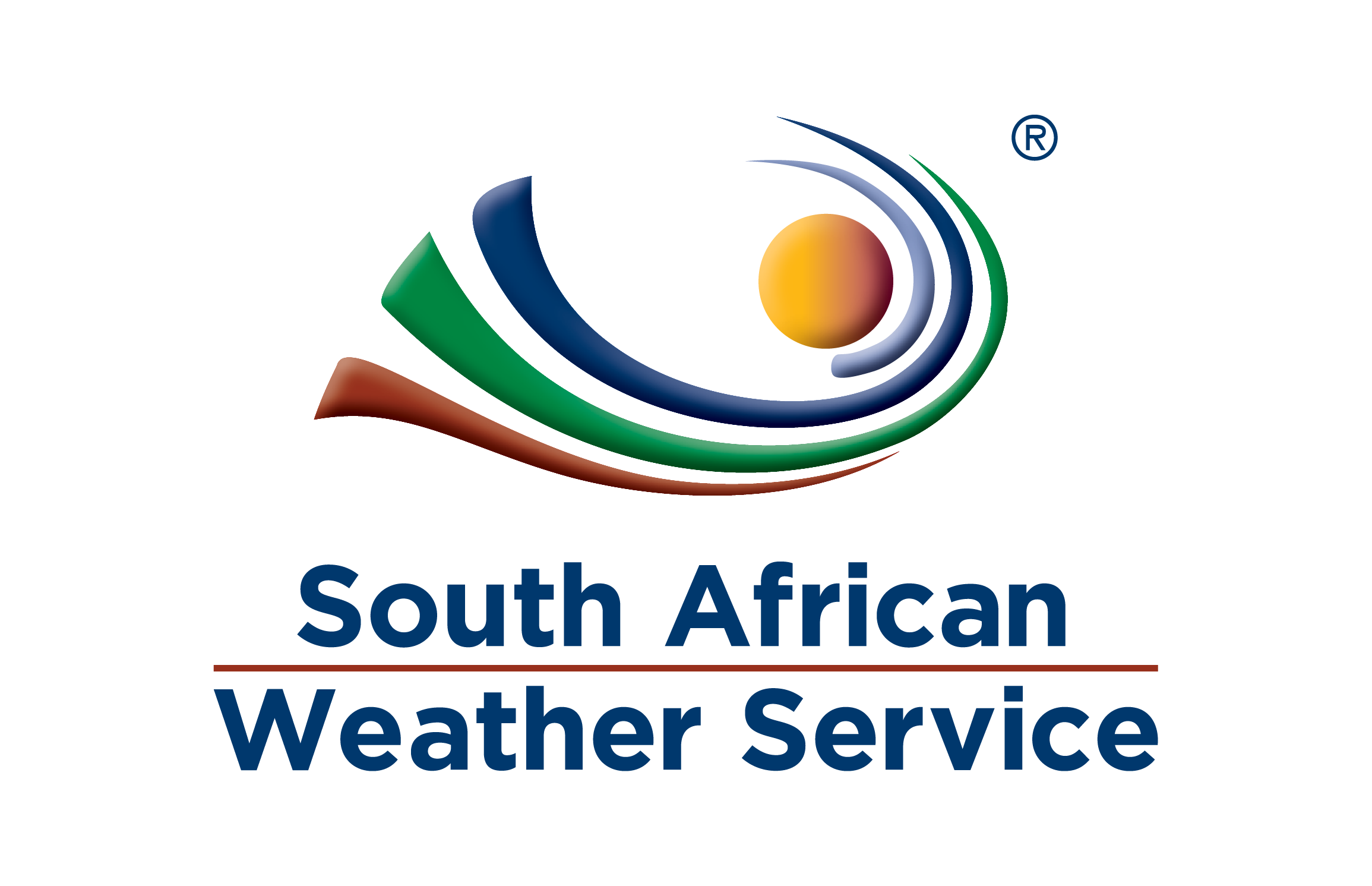The Free State is one of South Africa’s nine provinces, centrally located and covering 10.6% of the country’s land area. As of 2011, it had a population of about 2.7 million and is divided into four district municipalities and one metropolitan municipality.
The province features flat plains, mountains, and goldfields, sharing borders with most provinces except Limpopo and the Western Cape. To the east, it borders Lesotho, while the Orange and Vaal rivers define many of its boundaries. The western Free State is marked by plains and pans, while the east is mountainous, including the Maluti Mountains.
The climate is typical of an interior plateau, with an elevation of around 1,300 meters. It has summer rainfall, cold winters, and abundant sunshine, with frost common from May to October. The Vaal irrigation area supports farming towns, adding green to the landscape. Winters bring frequent snowfall in the east, while summers can be extremely hot in the west. The southern region experiences significant temperature fluctuations, leading to both warm and cold conditions throughout the year.

Explore climate mitigation and adaptation projects with the NCCRD:
The National Climate Change Response Database (NCCRD) is a comprehensive platform developed and managed by South Africa’s Department of Forestry, Fisheries and the Environment (DFFE). Its primary purpose is to monitor and track the nation’s efforts at the national, provincial, and local levels in responding to climate change. Aligned with the National Development Plan (NDP) and the National Climate Change Response Policy (2011), South Africa is committed to a just transition towards a low-carbon economy and a climate-resilient society.
As the country grapples with an increasing frequency and intensity of climate-related disasters, the NCCRD serves as a vital resource for collecting and documenting interventions related to both climate change adaptation and mitigation. This database captures a wide array of climate response efforts—including policies, plans, strategies, projects, and research—across various stakeholders such as industrial entities, NGOs, research institutions, and government agencies.
The NCCRD is a key component of the National Climate Change Information System, designed to store detailed information on climate change interventions. It includes specifics about projects, funding sources, project supporters, and relevant activity data, enabling a collaborative and informed approach to tackling climate challenges in South Africa.
Discover climate change initiatives within the five Free State district municipalities. Gain insights into current trends, regional impacts, and the policies shaping the Free State’s climate strategy.

Copyright © 2024 Department of Forestry, Fisheries and the Environment.

